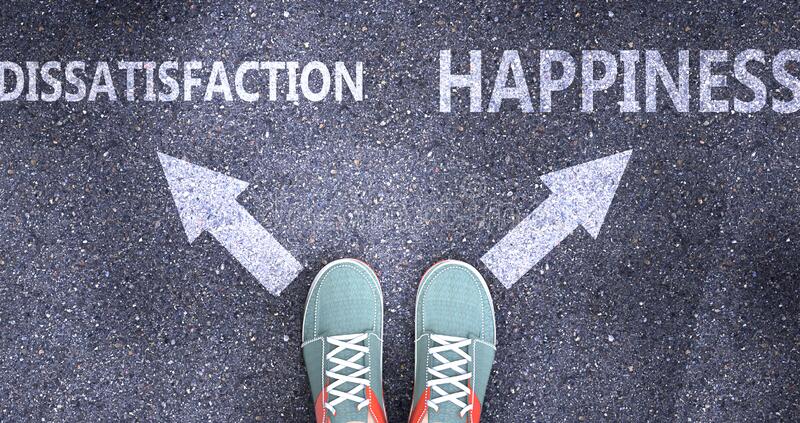“Happiness can be found even in the darkest times, if you do not forget to turn to the light,” said the wise character of a famous book. But dissatisfaction can overtake us at the best of times, and in «ideal» relationships. And only our own desire can help us be happy, says researcher and author of books on marriage and relationships Lori Lowe.
The inability of people to experience satisfaction in their own lives is the main obstacle to being happy. Our nature makes us insatiable. We always need something else. When we get what we want: an achievement, an object, or a wonderful relationship, we are temporarily happy, and then we feel this inner hunger again.
“We are never completely satisfied with ourselves,” says Laurie Lowe, researcher and author of books on marriage and relationships. — As well as a partner, income, home, children, work and your own body. We are never completely satisfied with our entire lives.”
But that doesn’t mean we can’t learn to be happy. To begin with, we should stop blaming the world around us for not giving us everything we need or want.
Our path to a state of happiness begins with work on thoughts
Dennis Praner, author of Happiness Is a Serious Issue, writes, “Essentially, we will have to tell our nature that although we hear and respect it, it will not be it, but the mind that will determine whether we are satisfied.”
A person is able to make such a choice — to be happy. An example of this are people who live in poverty and, moreover, feel much happier than their much more affluent contemporaries.
Feeling dissatisfied, we can still make a conscious decision to be happy, Laurie Low is convinced. Even in a world where there is evil, we can still find happiness.
There are positive aspects to our inability to be fully satisfied with life. It encourages us to change, improve, strive, create, achieve. If it were not for the feeling of dissatisfaction, people would not make discoveries and inventions to improve themselves and the world. This is an important factor in the development of all mankind.
Prager emphasizes the difference between necessary — positive — dissatisfaction and unnecessary.
We will always be unhappy with something, but that doesn’t mean we can’t be happy.
Necessary grudge with his work makes creative people improve it. The lion’s share of positive dissatisfaction pushes us to make important changes in life.
If we were content with a destructive relationship, we would have no incentive to look for the right partner. Dissatisfaction with the level of intimacy encourages the couple to look for new ways to improve the quality of communication.
Unnecessary grudge associated with things that are either not really important (like the manic search for the “perfect” pair of shoes) or are out of our control (like trying to change our parents).
“Our dissatisfaction is sometimes well-founded, but if its cause cannot be eliminated, it only aggravates the unhappiness,” says Prager. “Our job is to accept what we cannot change.”
We will always be dissatisfied with something, but this does not mean that we cannot be happy. Happiness is simply work on your state of mind.
When we don’t like something in a spouse or partner, this is normal. And this does not mean at all that he or she is not suitable for us. Perhaps, writes Laurie Lowe, we just need to consider that even the perfect person could not satisfy all our desires. A partner cannot make us happy. This is a decision that we must make on our own.
About the Expert: Lori Lowe is a researcher and author of books on marriage and relationships.










